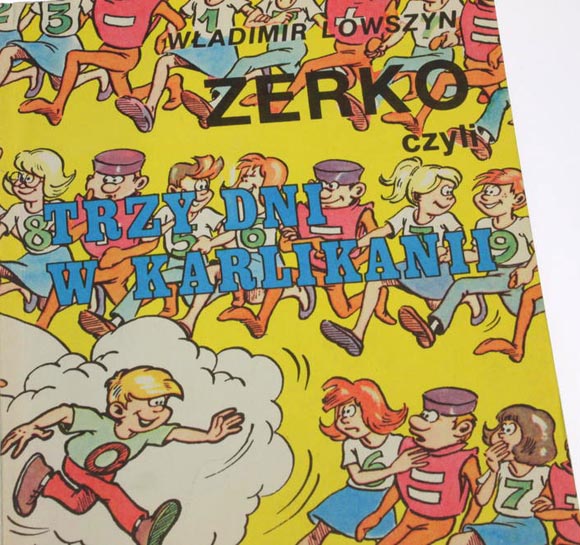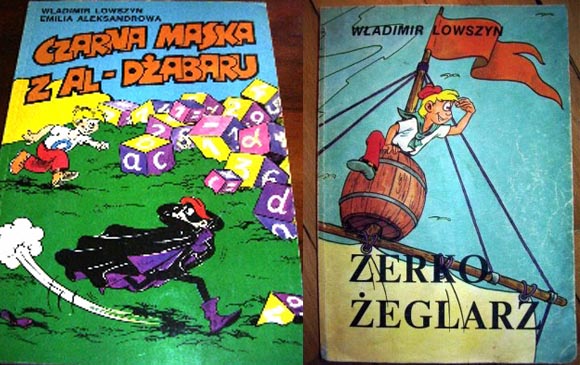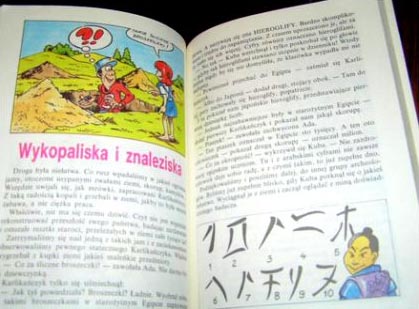I recently had one of those long-winded discussions on Facebook. It was quite educational. I had the opportunity to read up on some Math. Especially, the Riemann Hypothesis. In a nutshell, it’s a hypothesis about a very weird mathematical function that could be used to calculate large prime numbers. But in order to do so, we must fist confirm the hypothesis. And that’s apparently quite hard to do. The hypothesis seems to be true for small values of the function. However, Mathematicians were able to prove the function behaves very differently when you calculate very high values of it. Unfortunately, it takes too long to calculate that high values so we can’t really “see” what’s going on there. The function is generally not very easy to visualize and a proof needs a general form anyway.
The Riemann Hypothesis has some significance for Internet security. Quite a lot encryption algorithms depend on the difficulty associated with large prime numbers. There is some theoretical interest as well. It seems like the function the Riemann Hypothesis is referring to has the ability to describe some properties of chaotic systems. There are some similarities between how the function behaves and the readings of certain quantum systems. But that connection is still very tenuous. Proving the Rieman Hypothesis would be an important step in exploring this phenomenon.
I actually read a book on this subject: Prime Obsession by John Derbyshire
I was reminded on the one book that shaped the way I deal with Math. It was a children’s book I read when I was very young – before I got into 5th grade. It was availible only in Poland and it is out of print now. It’s actually an entire series of books: “Zerko czyli Trzy dni w Karlikanii” (Zerko – Tree Days in Karlikania), “Zerko żeglarz” (Zerko, the Sailor) , “Zerko Czarna maska z Al-Dżabaru” (Zerko and the Black Mask from Al-Jabar). They were all written by Władimir Lowszyn. The thing that got me onboard when I was a kid were the illustrations. They were made by Szarlota Pawel, a well-known polish comic artist. But the book turned out to be not really a comic.

Zerko czyli Trzy dni w Karlikanii – Zerko: Tree Days in Karlikania
It a richly illustrated story about a group of children being transported to Karlikania – a fantasy world where all inhabitants are numbers and where Math works like magic. Think Narnia / Alice in Wonderland / Harry Potter. But with Math. So for example, the group soon meets Zerko – the titular character. Zerko is a zero so he is somewhat looked down upon by the other inhabitants of Karlikania. But at the same time, he has some amazing hidden powers that are accidentally unleashed from time to time (Harry Potter anyone?). He frequently teases other numbers by multiplying himself with them, thus making them disappear. In one story, he accidentally attempts to divide a number by himself. The team spends the entire chapter dealing with the catastrophic consequences. He starts growing to infinity. In the process, the issues with division by zero are explained in a playful and imaginative fashion.

Zerko Czarna maska z Al-Dżabaru. Zerko żeglarz -Zerko and the Black Mask from Al-Jabar. Zerko, the Sailor.
These books were awesome! The kind of insight I gained from reading it lasted for years to come. Afterwards, Math came effortlessly and easy. And it wasn’t necessarily because I knew the concepts. It’s not even that I imagined Zerko and his friends every time I solved an equation – using that metaphor would have been pointless and tedious. It’s more because I had an emotional approach to an otherwise cold and sterile topic. It’s because I learned how to apply my imagination to mathematical problems.

A chapter about the history of Math.
Sadly, the Prime Obsession is far from this. The Math is presented in straight, unfiltered fashion. To be fair, the topic is a few notches in above Zerko in complexity. John Derbyshire does a fair job at explaining every step. But there is just so far you can do when working with bare graphs, numbers, tables and formulas. And so even today I could use my Zerko experience. I remember back then, the Zerko books stopped at imaginary numbers. They introduced them but never got very deep into them. That’s ok – in this regard they got me further than the scope of my entire high school education before I even got into 5th grade. The Riemann Hypothesis is all about imaginary numbers so I was able to pick up where the Zerko books left.
I wanted to write this down real quick since there is actually not much information on this little treasure. As far as I know, the books were released in Poland only and they weren’t exceptionally widespread there. The Polish Wikipedia has an Entry on Szarlota Pawel but not on Władimir Lowszyn. I don’t think I even have the books myself. I should try to dig them. I’m sure one could learn a lot about how to successfully meld education with entertainment from them.






No, czytac mnie nauczono jako polak w szweci, ale matematyke musalam w szwedskiej szkole jak inni. (pisanie tak sobie). Polish education in primary school is at a really high level compared to sweden by the way, especially mathematics, and I say this not only from reading this entry but from experience.
As a mathematician (well, still a master’s student at the moment but I’m hoping to make a career in academia), I think the importance of making the subject accessible and interesting to the public – and to children – can’t be overstated. Ian Stewart in particular has written a lot of books popularizing maths, in the same way that Science of Discworld popularizes science. In fact, he was one of the co-authors for those books too. He’s good at what he does. And I agree that the most effective way to make non-mathematicians appreciate the beauty of the subject is to use imagery and avoid technical details. This video http://vimeo.com/10584463 is a great example.
I totally agree with your opinion on those books. It was a very creative way to present many foundations of math (but not only that !) in a fun and entertaining way. As a kid I’ve read through them a few times and I still remember that feeling of EXCITEMENT when following adventures of Zerko.
This is the way early math education should be done IMO. If learning is not entertaining then people start treating it as a obstacle instead of a goal in itself.
Weren’t these books translations from Russian?